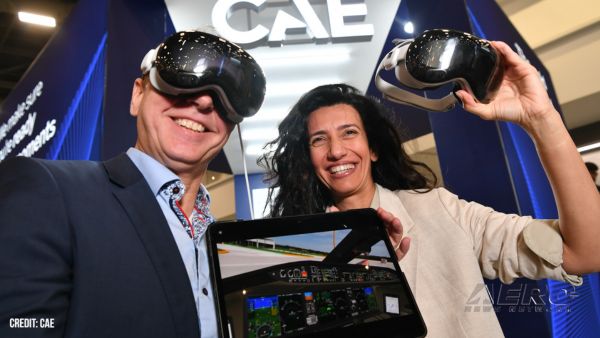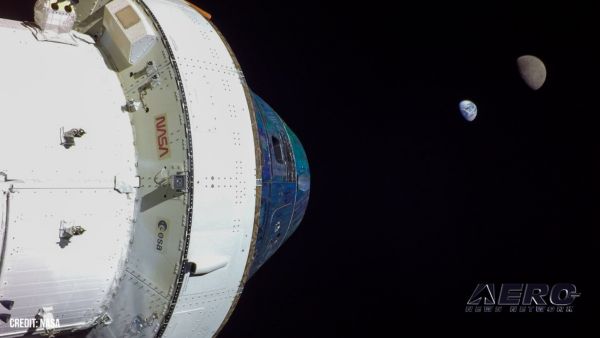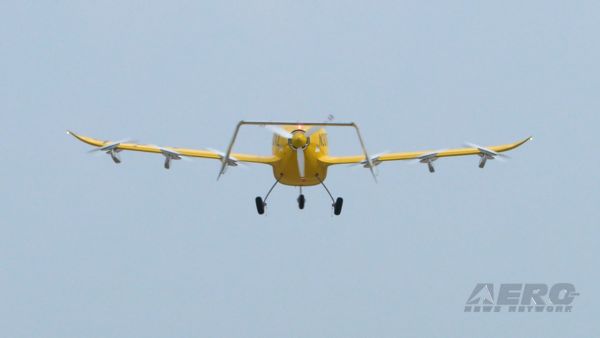Fri, Aug 17, 2012
NASA Announces Early Career Faculty Space Tech Research Grants
NASA has announced the selection of 10 research efforts from the agency's inaugural Space Technology Research Opportunities for Early Career Faculty solicitation. NASA will provide grants of as much as $200,000 per year for as long as three years in support of these faculty and their research in specific, high-priority technology areas.

The selected faculty will conduct research in areas closely aligned with NASA's Space Technology Roadmaps and priorities identified by the National Research Council. These priorities include extending and sustaining human activities beyond low Earth orbit, exploring the evolution of the solar system and potential for life elsewhere, and expanding our understanding of Earth and the universe.
"It's an honor to announce this outstanding group of early career faculty researchers, representing some of the most talented new faculty from the best institutions of higher learning in America," said Michael Gazarik, director of NASA's Space Technology Program at NASA Headquarters in Washington. "NASA will benefit from the work these faculty researchers conduct in unique, disruptive or transformational space technologies or concepts, while strengthening America's continued global leadership in the new technology economy."
The selected Early Career Faculty researchers are:
- Chih-Hao Chang, North Carolina State University, Raleigh
- Nicolaus Correll, University of Colorado at Boulder
- Julia Greer, California Institute of Technology, Pasadena
- Mary Lind, Arizona State University, Tempe
- Michele Manuel, University of Florida, Gainesville
- Jeremy Munday, University of Maryland, College Park
- Marco Pavone, Stanford University, Stanford, CA
- Mina Raies-Zadeh, University of Michigan, Ann Arbor
- Debbie Senesky, Stanford University
- Wei-Chuan Shih, University of Houston
Newly-selected early career efforts will develop technologies to automate the production of food in space and investigate and test advanced wastewater recovery technologies. These efforts also will look to develop robust timekeeping technologies that enable more precise landing and autonomous rendezvous in space, and formulate new ultra-lightweight materials with properties that can be tailored.
NASA's Early Career Faculty efforts are an element of the agency's Space Technology Research Grants Program. It is designed to accelerate the development of technologies originating from academia that support the future science and exploration needs of NASA, other government agencies and the commercial space sector.
More News
States That Current Process is Damaging National Aerospace Development US Senator Jerry Morgan is pushing the FAA to speed up the process for rocket launch licensing. He argues tha>[...]
From 2015 (YouTube Edition): Model Aviator Aims For Full-Scale Career While at the 2015 Indoor Electric RC Festival, referred to as eFest, ANN CEO and Editor-In-Chief, Jim Campbell>[...]
Dave Juwel's Aviation Marketing Stories ITBOA BNITBOB ... what does that mean? It's not gibberish, it's a lengthy acronym for "In The Business Of Aviation ... But Not In The Busine>[...]
Aero Linx: Cardinal Flyers Online The Cardinal Flyers Online Web site was created and is maintained by me, Keith Peterson. My wife Debbie and I have owned a 1976 RG since 1985. Wit>[...]
Clearance Void If Not Off By (Time) Used by ATC to advise an aircraft that the departure release is automatically canceled if takeoff is not made prior to a specified time. The exp>[...]
 Senator Pushes FAA to Accelerate Rocket Launch Licensing
Senator Pushes FAA to Accelerate Rocket Launch Licensing Classic Aero-TV: RJ Gritter - Part of Aviations Bright New Future
Classic Aero-TV: RJ Gritter - Part of Aviations Bright New Future Aero-FAQ: Dave Juwel's Aviation Marketing Stories -- ITBOA BNITBOB
Aero-FAQ: Dave Juwel's Aviation Marketing Stories -- ITBOA BNITBOB ANN's Daily Aero-Linx (10.27.24)
ANN's Daily Aero-Linx (10.27.24) ANN's Daily Aero-Term (10.27.24): Clearance Void If Not Off By (Time)
ANN's Daily Aero-Term (10.27.24): Clearance Void If Not Off By (Time)



